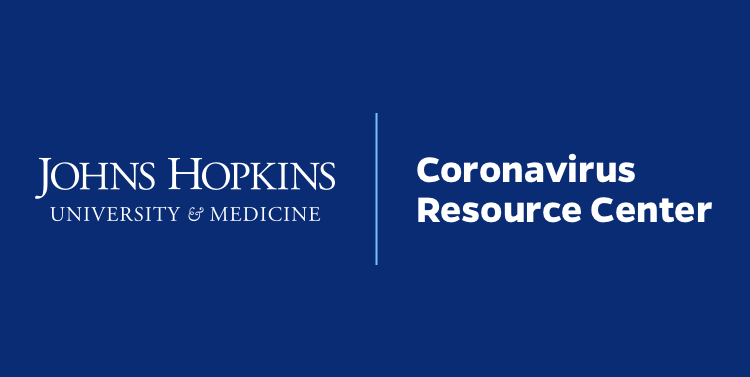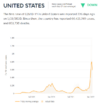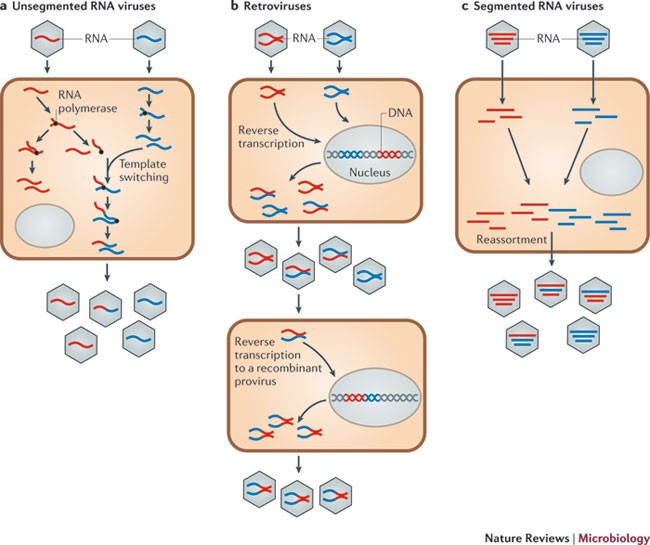Since you're a statistics guy, then, you'll know that your risk can be lowered by at least 5x if you get your booster. Your risk of dying may be low in an absolute sense, but it's substantially elevated from the risk you would have had without COVID around. This will be essentially completely resolved by a booster.
Note that this is just like any other vaccine series which requires at least three shots (most!). It has nothing to do with needing it every couple months or every year (based on what we know currently).
You simply are INCOMPLETE on your vaccination series. May there be variants which require revaccination in the future? Certainly. But they don't yet exist. Might natural immunity from the vaccination wane? Yes, it might. It's too early to say; we don't
know yet how persistent the secondary line of defense will be, there is literally zero data (the sample size of infected SARS-1 individuals is probably too small to guess with, and no one is going to go around trying to reinfect people with that virus).
The messaging on this has been absolutely awful, so I really can't blame you for your take on this. In the fog of the fight against coronavirus, authorities made it seem like two shots would be all that was needed, but with the close spacing, it really was not enough (there were rumbles and discussion about this (in this thread!) in late 2020 because immunologists
knew this, but there were tradeoffs and that message & expectation was unfortunately not put to the forefront...). A third provides a very strong boost. It actually doesn't even have anything to do with the emergence of Delta or Omicron (though the boosts in antibody levels do help prevent infection by those variants for a period of time). You'd want a booster even if we still just had wild type around!!!
Again, this is NOT about preventing infection, and it's not for variants. It's about bolstering your protection against severe disease.
It's meaningless to compare to flu vaccination, since most people have a lot of infection-acquired immunity (and natural vaccine immunity) against influenza, and
this coronavirus is not like the flu in terms of its ability to undergo antigenic shift (drift is probably similar though I'm not even sure about that since SARS-CoV-2 has proofreading). Influenza frequently and commonly undergoes reassortment during co-infection, because it has a segmented genome, resulting in a virus which bears little resemblance (in the H & N structures as I understand it) to prior strains (see: 2009 pandemic flu). And while similar processes COULD occur with coronavirus (via different means), they're much less likely.
It's not the same at all, and I would not expect vaccination against coronavirus to work the same way, at all. Anyone who tells you this is like influenza...maybe talk to someone else. No virologist with a basic understanding of the operation of influenza and coronavirus would say that, and the immunization strategy and effect
is likely going to be completely different.
Here's a very brief summary of the difference between reassortment and recombination:
Recombination can be an important evolutionary force for RNA viruses, but the rate of recombination varies greatly between different RNA viruses. In this Analysis article, Simon-Loriere and Holmes describe the mechanisms of recombination for RNA viruses and the role of these mechanisms in viral...

www.nature.com
"
- RNA viruses are able to undergo two forms of recombination: RNA recombination, which (in principle) can occur in any type of RNA virus, and reassortment, which is restricted to those viruses with segmented genomes.
- Rates of RNA recombination vary markedly among RNA viruses. Some viruses, particularly those with negative-sense single-stranded genomes, exhibit such low rates of recombination that they are effectively clonal. By contrast, some positive-sense single-stranded RNA viruses and some retroviruses such as HIV exhibit high rates of recombination that can exceed the rates of mutation when measured per nucleotide."
(For FWIW SARS-CoV-2 is a positive-sense single-stranded RNA virus. However, there's not a lot of evidence that it does a lot of recombination, as far as I can tell. Influenza has a segmented genome; 8 strands for all strains.)







/cloudfront-us-east-2.images.arcpublishing.com/reuters/RQN7SGWSCFLZRHFKOMZE7ABUAQ.jpg)